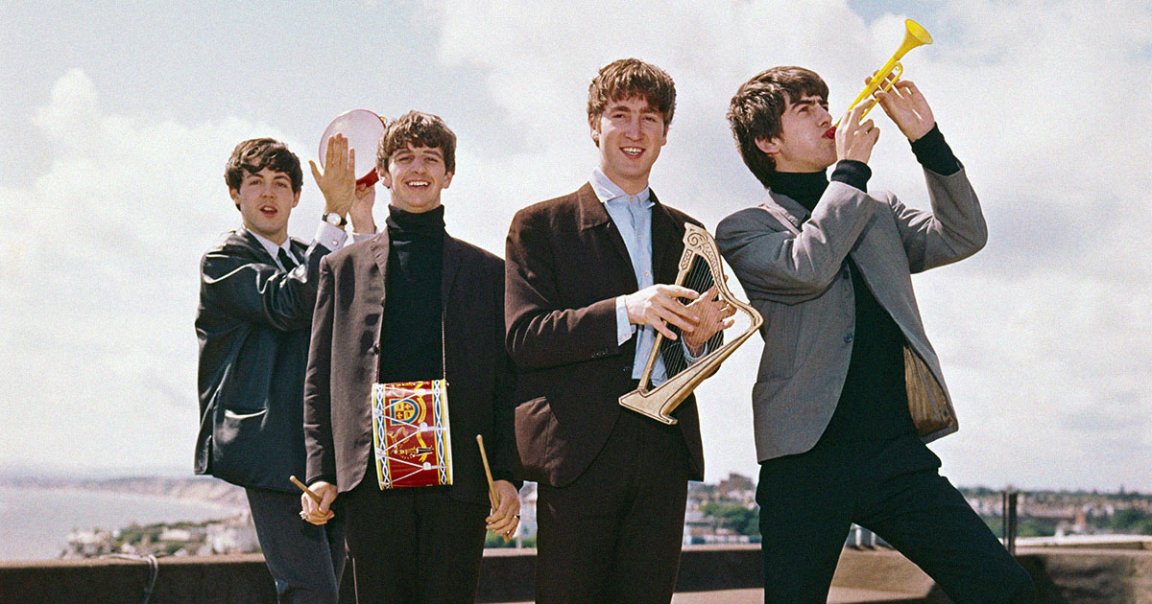
Record Breaker
Music legend Paul McCartney has announced that he’s using artificial intelligence to create what he’s calling the “last Beatles record,” the BBC reports — even though half the members of the iconic duo have passed away.
“We just finished it up and it’ll be released this year,” he told the broadcaster.
Fortunately, this isn’t an instance of some half-baked attempt to cash in on the emerging trend of AI-generated vocals. Instead, McCartney says his team used new machine learning tools to better isolate the voice of late Beatles member John Lennon from an old demo tape, with the help of director Peter Jackson, who made a 2021 documentary about the band.
“He was able to extricate John’s voice from a ropy little bit of cassette where it had John’s voice and a piano,” McCartney told the BBC. “We had John’s voice and a piano and he could separate them with AI. They tell the machine, ‘That’s the voice. This is a guitar. Lose the guitar.'”
In other words, it’s a far less controversial use of tech that could allow the rock legends to revive the voice of their former band member, who was assassinated in 1980.
Squeeze the Lennon
McCartney used what he learned from Jackson’s use of AI and applied it to the upcoming song.
“So when we came to make what will be the last Beatles’ record, it was a demo that John had [and] we were able to take John’s voice and get it pure through this AI,” he told the BBC. “Then we can mix the record, as you would normally do. So it gives you some sort of leeway.”
While McCartney’s use of AI likely won’t cause nearly as much of a stir as other instances of AI being used to create music or imitate a singer’s voice, the musician admitted he was taken aback when he was confronted with how it can be abused.
“I’m not on the internet that much [but] people will say to me, ‘Oh, yeah, there’s a track where John’s singing one of my songs’, and it’s just AI, you know?” he told the broadcaster.
“It’s kind of scary but exciting, because it’s the future,” he added. “We’ll just have to see where that leads.”